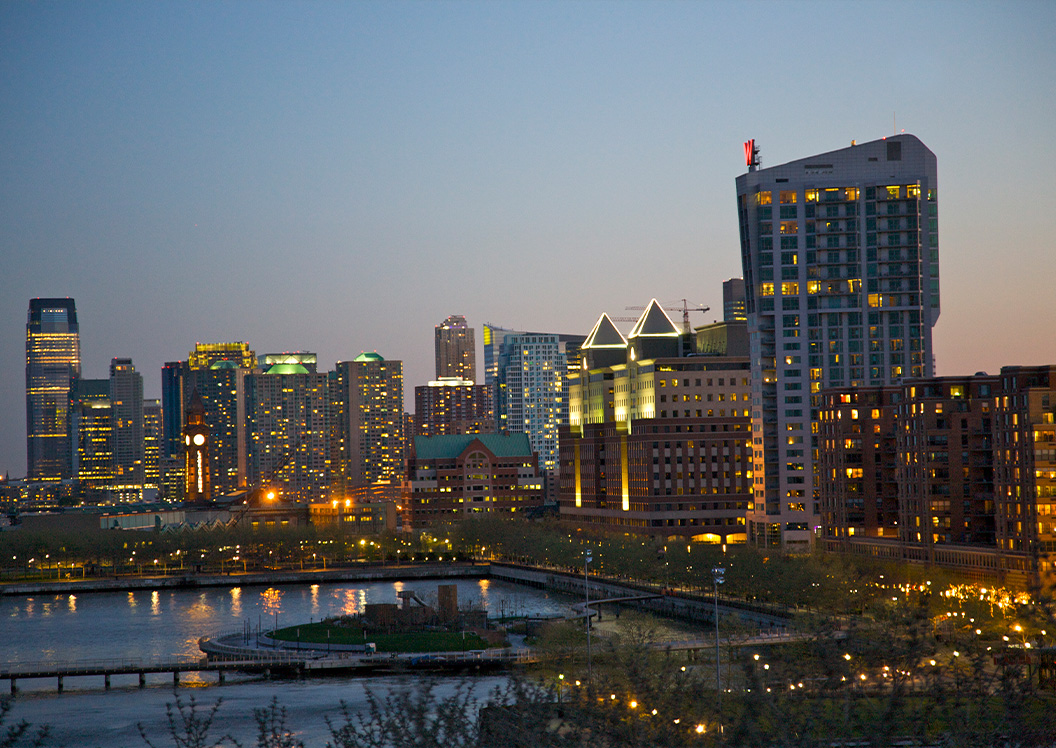Owning a new building has traditionally meant not having to worry about rent control. That’s no longer the case in Newark.
The Newark City Council on Wednesday passed an ordinance limiting rent increases at newly constructed buildings to 5 percent a year, NJ.com reported. New buildings were previously exempt from rent control.
The council approved the measure by a 6 to 3 vote. Those in favor voiced concerns about rising rents and affordability challenges, while opponents said it would discourage new construction and mostly benefit wealthy outsiders.
Mayor Ras Baraka introduced the ordinance last month, citing affordability in the city as the rationale. The measure seems to violate a state statute from 1987 that exempts newer buildings from rent control for up to three decades, but exploits the state’s good cause eviction law, which allows localities to prevent “unconscionable” rent increases.
Landlords could challenge in court the idea that an increase of, say, 6 percent is unconscionable, especially when their costs are rising faster than that.
Newark already has a rent control ordinance that applies to older units. It limits yearly rent increases to 4 percent or the rate of inflation, whichever is lower.
The public response to the vote was mostly positive, but an executive for a state landlord association blasted the measure, saying it wouldn’t solve the city’s housing issues and doesn’t adhere to the 1987 law — an argument the city’s chief lawyer rejected.
At the start of the year, the North Jersey rental market — which includes Newark — was deemed the most competitive in the nation by RentCafe. The report analyzed hundreds of markets, calculating a score based on factors including how long apartments stayed vacant, occupancy rates, volume of prospective renters, renewal percentages and the share of new units.
Read more



Jersey City and other localities in the state have rent control policies. Late last year, Elizabeth eliminated a policy that capped annual rent increases at $20, though it maintained a rule restricting raises to no more than 3 percent.
Elizabeth’s law, however, only applies to buildings constructed before 1990. Rent control policies generally exempt new buildings to boost construction.
— Holden Walter-Warner
